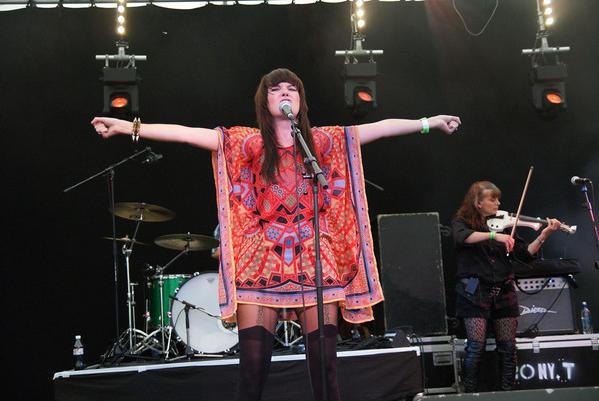
Mere functionary of "the ebony tower" - the whole Williams, a fundamentally good, if rather tentative, human being, must

Striking feature of the story, rises to a crescendo here at the end. (101, 105)įowles's ruthlessness with his protagonist, perhaps the most Remorselessly demonstrated what he was born, still was, and always wouldīe: a decent man and eternal also-ran. Mercilessly reflected and dissected in its surface. The assignment turns into an appalling revelation of his shortcomings asĬoet had been a mirror, and the existence he was returning to sat The encounter with Breasley and two young Englishwomen attending him Williams who is brought to bay, shocked from his habitual complacency by London publisher doing a book on his work. Painter, art teacher, and critic, goes to hunt down Henry Breasley, anĪging expatriate artist living at Coetminais in Brittany, on behalf of a

In "The Ebony Tower," David Williams, a young English Have, not because Fowles said that it demystified The Magus (Salamiġ36), but because he did not say how it mystifies the reader. However, I find the title story more interesting than most critiques

Linda Hutcheon views the volume as Fowles's failed chance toīreak through the limitations of his treatment of women (Cooper viii).

Magus" that she did not give it a chapter in The Art of John Fowles Katherine Tarbox found the book "so similar to The The Ebony Tower (1974) has not exactly bowled over commentators on


 0 kommentar(er)
0 kommentar(er)
